Focus
Your Present Location: HOME> Focus-
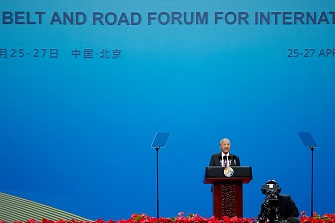
Liu Zongyi: The belt and road initiative and the us “INDO-PACIFIC” strategy
The BRI is mainly a geo-economic initiative, but there are many ongoing debates on its geo-economic and geostrategic implications. One can observe the geo-economic aspects of the initiative in the report delivered at the 19th National Congress of the Communist Party of China in October 2017, from which we understand that the BRI has implications that will affect not only the region but global dynamics as well. On a smaller scale, the BRI is one of the concrete measures to balance regional development together with the coordinated development of the Beijing-Tianjin-Hebei region and the Yangtze Economic Belt. On a larger scale, the BRI paves the way in opening China further to the world through trade routes running eastward and westward, across land and overseas.
2019-09-11 -
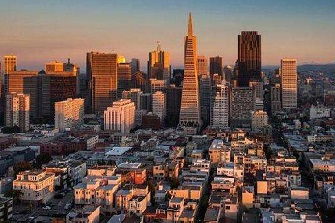
Liu Zhiqin: US needs to stop using tariffs at will
Tariffs are now becoming toys for US President Donald Trump. He always plays the "tariff card" when he feels bored, and he needs to because he is addicted to tariffs. Without tariffs, President Trump has no fun with himself and his team members. resident Trump has used tariffs like an ATM to draw money from other countries. This is ridiculous for the whole world. Whenever he finds a shortage of money to sustain his administration, he begins to threaten others with tariffs, and he acts like a robber who collects money from others' pockets.
2019-09-10 -
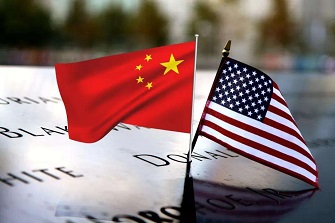
Wang Wen: What US embassy’s mooncake gift means
I received a special gift for the Mid-Autumn Festival this year: three boxes of mooncakes from the US Embassy in China. I shared the delicious dessert with my colleagues, and I appreciated the generosity of the senior US diplomat who sent me the gift. Over the past few months, we used to have heated arguments, but it was what that made us friends. Our argument started this spring when the US embassy cancelled my visa to the US without giving an explanation. I had paid tens of visits to the US, had been to more than 20 US states and have been responsible for a major project on China-US people-to-people exchanges. But none of this justifies the cancellation of my visa.
2019-09-10 -
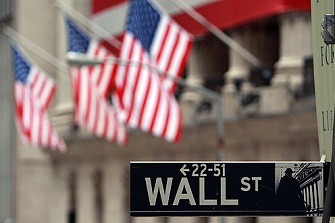
Zhao Minghao: Amid festering trade war, frustration mounts inside US
While cranking up the trade war with China, US President Donald Trump's administration is also reinforcing efforts to explain its detrimental effects. In a string of tweets in late August, the president refuted the view that his trade policies were hurting the US economy saying "The Economy is doing GREAT, with tremendous upside potential." He also claimed that "The farmers are going to be so happy when they see what we are doing for Ethanol," and blamed "bad management" instead of the tariffs for the "badly run and weak companies." On August 23, Trump ordered "great American companies" to "immediately start looking for an alternative to China."v
2019-09-09 -
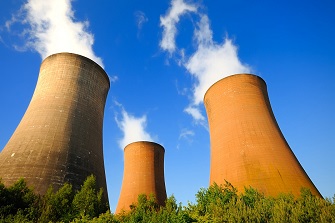
William Jones: U.S. sanctions on Chinese nuclear firms: Attack on global development
On September 3, China issued a new white paper entitled "Nuclear Safety in China" which elaborated on China's basic principles and policies in the field of nuclear security, sharing its concepts and practices of regulation, and clarifying its determination to promote global nuclear safety governance and the actions it has taken to achieve this. The document also underlined how China's rapid expansion of nuclear energy is part of their program to move toward "clean and efficient energy"and to reduce China's dependence on coal.
2019-09-09 -
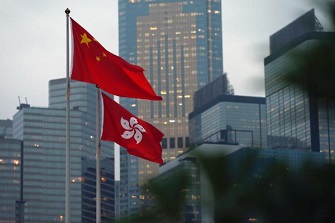
Danilo Türk: The problems of Hong Kong are for the people there to resolve
The mass rallies in Hong Kong over the past months have astonished the world - and probably the people of Hong Kong themselves. On the surface, the problems that initiated the protests are political. However, there is always a deeper reality that feeds the protests and it usually has to do with social economic questions, which define people's daily lives. In the reports covering Hong Kong more and more references are made to the questions of economic opportunities of the young, the rocketing prices of housing and other existing social and economic problems
2019-09-06 -
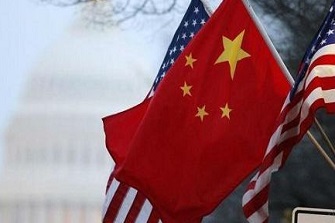
Liu Zhiqin: US eager to drag China down at own expense
No person or country in this world can defeat the US. In the end, it can only be one of its own presidents who triumphs, and Trump may be that very president. It is US President Donald Trump who has damaged the credibility of the US system. He undermined the country's foundation, the so-called "separation of powers." Trump likes issuing orders, and he changes his mind so frequently that it has almost become a routine. As a result, few countries in the world can seriously reason with the US.
2019-09-06 -
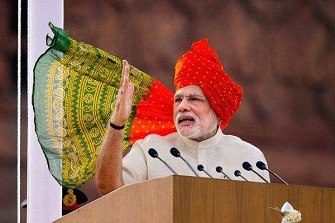
Ding Gang: Resurgent identity in ascendant India
Over the past more than 70 years since its independence in 1947, India has been facing the challenge of building national identity. It's widely believed that the move to revoke India-administered Jammu and Kashmir's autonomy by the government of Prime Minister Narendra Modi through constitutional amendments is a means of consolidating national identity. Many other multi-religious and multi-ethnic Asian countries, in fact, are facing the same challenge.
2019-09-05 -
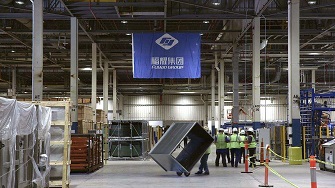
Liu Ge:US unions cannot be overlooked by Chinese businesses
American Factory, a documentary backed by former US President Barack Obama and former first lady Michelle Obama, records the twists and turns that Chinese glass manufacturer Fuyao encountered while setting up a factory in Dayton, Ohio. In 2017, the New York Times reported on the cultural conflicts the Chinese company had encountered. Labor unions are tough opponents, and they are opponents that the Chinese government and companies cannot overlook.
2019-09-05 -
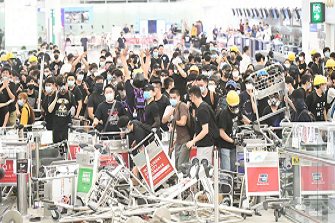
John Ross: Who are really organizing the events in Hong Kong?
The violent protests in Hong Kong are organized and led by external forces, as is evident to anyone who has seen such operations in other countries – for example, the 2014 Euromaidan as a coup d'etat attempt in Ukraine. The claim that these violent actions are "leaderless" or "spontaneous" is completely false as any view of the protesters, who are clearly well organized and trained to deal with the police, and any examination of the political facts, shows. The public leaders of the protests have strong links with both the U.S. and separatists in Taiwan.
2019-09-05 -

William Jones: More exchanges may help restore HK order
The violence that erupted in Hong Kong in what began as a peaceful protest against an extradition bill caught the world by surprise. Rioters smashing store windows and attacking police with Molotov cocktails and other makeshift weapons is unacceptable in any law-abiding society. However, international media immediately sided with the violent protester and upbraided the police who used minimum force to quell the rioters.
2019-09-05 -
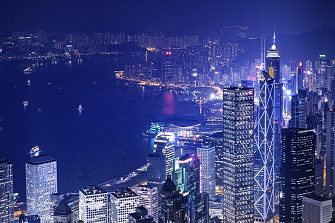
Djoomart Otorbaev: Hong Kong needs a special plan for economic reform
These unprecedented waves of protests raise an important question. Why it is happening? Are the protests against the fugitive bill or the foreign intervention? Or are they about democracy or the economics? The main and fundamental reason of the crisis is an economic one. The Hong Kong Special Administrative Region (SAR) is gradually but continuously losing its competitiveness to other regions of China, especially to its neighbors. The process has significantly accelerated in last couple of years.
2019-09-04 -
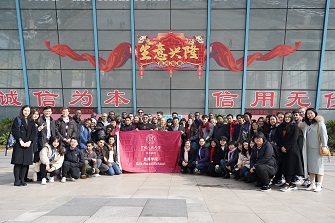
Wang Wen on Changing World 19: Small cities offer better insight into China
On August 20, 2019, Wang Wen, Executive Dean of Chongyang Institute for Financial Studies at Renmin University of China (RDCY), opened the new column “Wang Wen on Changing World” in Global Times (English edition). Following is the list of all articles.
2019-09-04 -
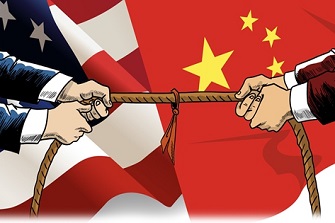
Wang Wen on Changing World 17: How China can gain from trade headwinds
On August 20, 2019, Wang Wen, Executive Dean of Chongyang Institute for Financial Studies at Renmin University of China (RDCY), opened the new column “Wang Wen on Changing World” in Global Times (English edition). Following is the list of all articles.
2019-09-04 -

Wang Wen on Changing World 83: How history teaches diseases change world power
On August 20, 2019, Wang Wen, Executive Dean of Chongyang Institute for Financial Studies at Renmin University of China (RDCY), opened the new column “Wang Wen on Changing World” in Global Times (English edition). Following is the list of all articles.
2019-09-04 -
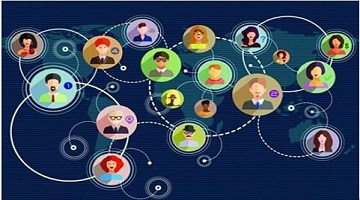
Wang Wen on Changing World 38: US launches Scold War, not Cold War
On August 20, 2019, Wang Wen, Executive Dean of Chongyang Institute for Financial Studies at Renmin University of China (RDCY), opened the new column “Wang Wen on Changing World” in Global Times (English edition). Following is the list of all articles.
2019-09-04 -
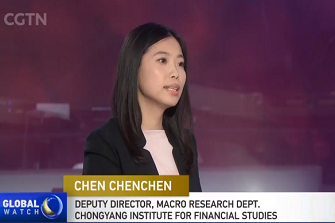
Chen Chenchen: Chinese tech companies are prepared for blacklists and tariffs
China has been working to innovate more in the face of the trade war, how close is China to its goal of reducing dependence on the U.S. in terms of technology? Chen Chenchen shared her insight.
2019-09-03 -
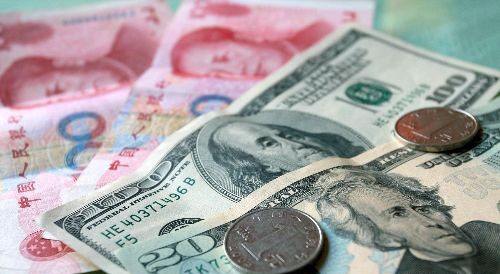
Wang Wen: China’s monetary sovereignty stands strong
By suppressing China, the US wants to maintain global hegemony. But by countering the US, China aims at protecting its own sovereignty. China's purpose is more just. For Chinese people, the US dollar's exorbitant privilege is a bullying act in the finance sector. Fortunately, China's yuan is rising unhindered, and the nation has dealt a blow to the US dollar's exorbitant privilege in defending monetary sovereignty. However, this is still a difficult path and China needs to walk in a more steady fashion.
2019-09-03 -

Wan Zhe: Chinese footwear companies should focus on market trends
Chinese shoe brand Fuguiniao was de-listed from the Hong Kong Stock Exchange in August. The current situation in the shoe industry is related to an asset bubble in the economy. In an economy with asset bubbles, even young people's purchasing power can be boosted. After a bubble breaks, people will be able to tell what is worth their investment. But companies have to make sure they won't fall beyond market trends.
2019-09-03 -
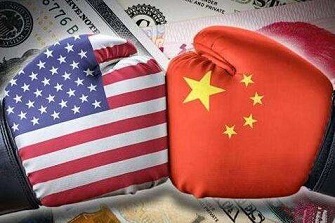
Zhao Suisheng: China-US new cold war can be avoided
The China-US trade war, the stagnation and ups and downs of trade negotiations between the two major global powers have gained a lot of attention. The trade dispute between China and the US is after all a geopolitical and geostrategic contest. China-US relations are experiencing unprecedented and dramatic changes that have not been seen in the past 40 years since ties were established. But it is possible that China and the US can prevent from falling into the trap of the conflict between big powers, and both of the two countries should strengthen cooperation, understanding and exchanges between them to avoid entering the new cold war."
2019-09-02
























































































 京公网安备 11010802037854号
京公网安备 11010802037854号





